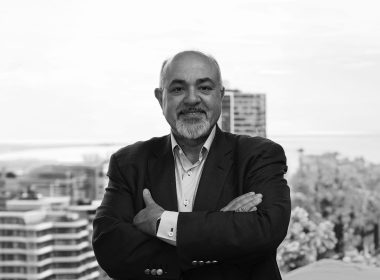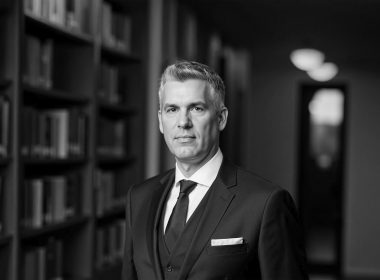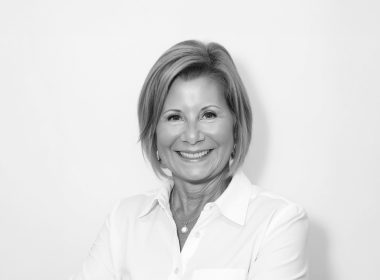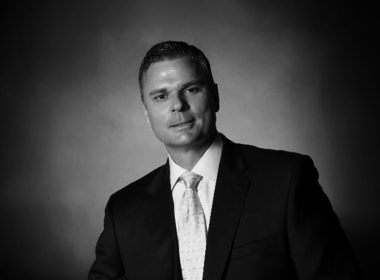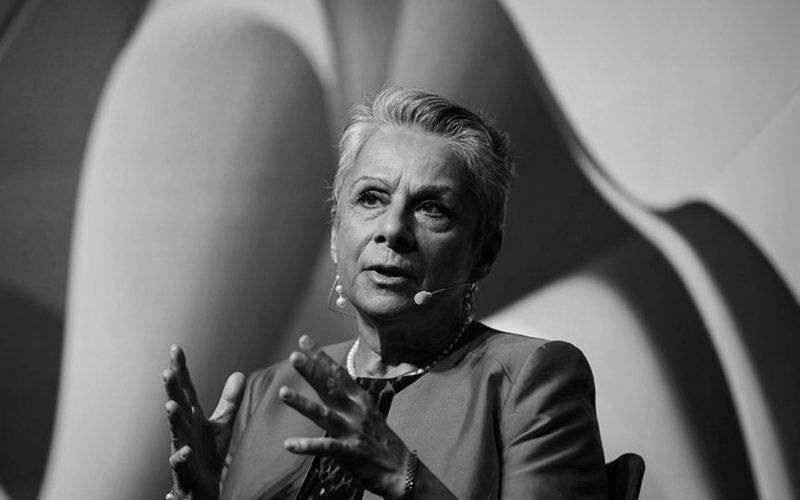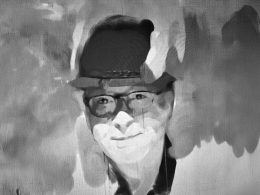Most companies panic when remote work becomes a priority. They scramble to recreate office vibes through Zoom happy hours and Slack channels, wondering why everything feels hollow. Başak Büyükçelen took a different route at Pressbooks. She made Thursday the last day of the work week, not because the company was struggling, but because it was time to prove something about how work actually gets done.
Defining What Culture Truly Is
Büyükçelen came into leadership with some strong opinions about what makes a workplace tick. “Culture is not about office perks. It’s about how people feel when they show up, whether in person or through a screen,” she says. Forget the bean bags and free snacks. Those things never built culture anyway. The real work happens in how teams communicate when nobody’s watching. “Culture doesn’t live in a building. It lives in the way we communicate, support, and grow together, wherever we are,” Büyükçelen explains. Geography stops mattering when you master the fundamentals.
Beyond The Office Walls
Distributed teams force companies to organize effectively. You can’t fake culture when people work from different continents. “When your team is spread across time zones, culture becomes intentional. Every policy, every meeting, every decision is a chance to either strengthen or erode it,” she points out. Nothing happens by accident anymore. That’s what led to the four-day work week at Pressbooks. The company put well-being and trust front and center, betting that people would actually perform better with more breathing room. The approach proved successful.
People First, Always
Every company claims to put people first until it’s time to back it up with real changes. Büyükçelen built systems at Pressbooks that make new hires feel they belong from day one. Leadership listens instead of just giving orders. Diversity and inclusion show up in daily decisions, not just corporate statements. “Strong culture is what turns work into belonging,” she says. There’s a massive difference between showing up for a paycheck and feeling part of something. Most companies settle for the first one and wonder why people leave.
Culture As Strategy
Executives love to dismiss culture as soft stuff while they focus on “real” business metrics. Büyükçelen sees it differently. “Culture isn’t soft. It’s a strategy,” she states. The numbers prove her point too. “A team that feels safe, trusted, and inspired is more creative, more resilient, and more innovative. That’s not just good for people, it’s good for the business,” she explains. When people aren’t burning out or mentally checking out, they solve harder problems and stick around longer. The logic is clear. The old approach treated employees as machines you squeeze productivity from. Büyükçelen flips that completely. “Culture beyond the office is about seeing employees as whole humans and designing work in a way that supports their lives, not competes with them,” she says. Stop fighting with people’s lives and start supporting them instead.
Everyone gets stuck arguing about remote versus hybrid versus office. Which productivity tools to buy, how many meetings to schedule, whether people are really working. But those arguments miss the bigger picture. “Culture doesn’t stop at the office door, it travels with us into our homes, our communities, and our virtual calls,” Büyükçelen reminds us. Build culture right and everything else falls into place. Build it wrong and no amount of office perks will save you. The four-day work week at Pressbooks proves you can build something strong without forcing people into conference rooms. It shows that trusting people actually works better than monitoring them. And it demonstrates that when you support people’s lives outside work, they bring better energy to their jobs. Culture beyond the office takes more work than just letting people sit in the same building. But companies don’t really have a choice anymore as work keeps changing. Because at the end of the day, culture isn’t about where people log in from. It’s about whether they want to log in at all.
Connect with Başak Büyükçelen on LinkedIn to explore how intentional culture design drives real performance and belonging across distributed teams.

